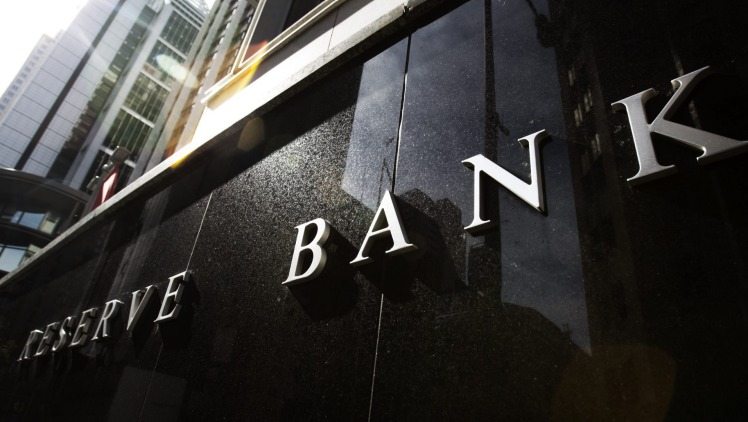The conjecture about when the cash rate is set to start rising has clearly begun.
With each passing day, depending on the media outlet, there are “predictions” about when rates will increase and by how much.
Some say it happen next year, others say the year after, with most indicating that the Reserve will increase the cash rate before its timeframe of 2024.
Now, the Reserve is still insisting that it won’t raise the case rate until inflation is comfortably within its two to three per cent target range, but it seems some commentators appear to know more than our central bank does.
However, amongst all this chatter of higher rates, Australia’s prudential regulator recently told banks to prepare for the possibility of zero or negative interest rates by mid-2022 to prevent “material” risks although markets and the central bank don’t expect such a scenario.
So, it seems there are bets each way as what will happen to rates over the next year!
The thing with such publicly aired forecasts is that they are often wrong (remember last year’s property price doomsday predictions?).
Or they are predicated on a flimsy understanding of how property markets have performed during times of economic turmoil throughout history – which is generally very well, thank you very much.
Record low rates
Of course, I’ve been known to make some forecasts in the past, including back in March of 2019, when I said that interest rates were going to hit zero, which many people thought was absurd at the time.
My point of view back then pre-dated the pandemic, but the cash rate was already historically low in those days, with inflation and wages growth stubbornly low as well, which means our economy was hardly in tip-top shape.
While none of us know what is going to happen in the future, we can use history as a signpost to what might occur again.
When it comes to the cash rate and interest rates more generally, we don’t need to look back too far to understand what happened during the last major financial upheaval.
I’m talking about the Global Financial Crisis, which technically began in September 2008, and hit our shores the next month.
The cash rate was seven per cent in September 2008 but was dropped by an extraordinary (at the time) one percentage point in October, then it was slashed by another 75 basis points in November, and then down one percentage point again in December and February, to hit a historic low of 3.25 per cent.
It was lowered to three per cent in April and stayed that way for most of that year – until our economy “appeared” to be strengthening enough for rates to start increasing again, which our central bank did in small increments from October to May 2010 when the cash rate reached 4.5 per cent.
Another small increase was also made with the cash rate ending up at 4.75 per cent in November 2010 and staying that way for a year.
Too much too soon
By then, it was about two years after the start of the GFC, but those early signs of our economy rebounding never turned into a full-on recovery. Indeed, our unemployment rate started rising again about then, too.
Inflation started reducing as well and hit 1.2 per cent not long after, which was well below the target range, and reached a level where it would mostly stay for years after.
So, what does a central bank do when the foreshadowed economy rebound doesn’t eventuate?
Well, it unwinds the recent cash rate upticks, which the Reserve did from late 2011 and kept doing until October 2019, when the cash rate hit just 0.75 per cent.
In fact, did you know that we haven’t had a cash rate increase in this country for a decade now?
So, my point from all these historical monetary policy lessons is that I believe the Reserve will wait to see sustained improvements in the economy, including inflation measures and employment growth, before they increase the cash rate.
I doubt they’re want to jump the gun like they did last time, after all.
However, I believe there is just a strong argument to made for a negative cash rate result as well.
You see, at present, our economy is still experiencing far too many unusual results for anyone to do anything really at all.
What I mean is that the unemployment rate increased by 0.6 points to 5.2 per cent in October, according to the Australian Bureau of Statistics, with 46,300 jobs lost in the month, after several months of improving jobs growth data.
It’s clear that our employment sector is still impacted the pandemic, so only time will tell to see what happens next.
Likewise, inflation jumped up to 3.8 per cent in the June quarter but fell to three per cent in the September period – no one can make any major decisions using such jumpy results, can they?
Over coming months, we will all better understand how our economic recovery is tracking, but until that picture is crystal clear I don’t believe we will see any significant changes to interest rates – which could be either up or down.
























